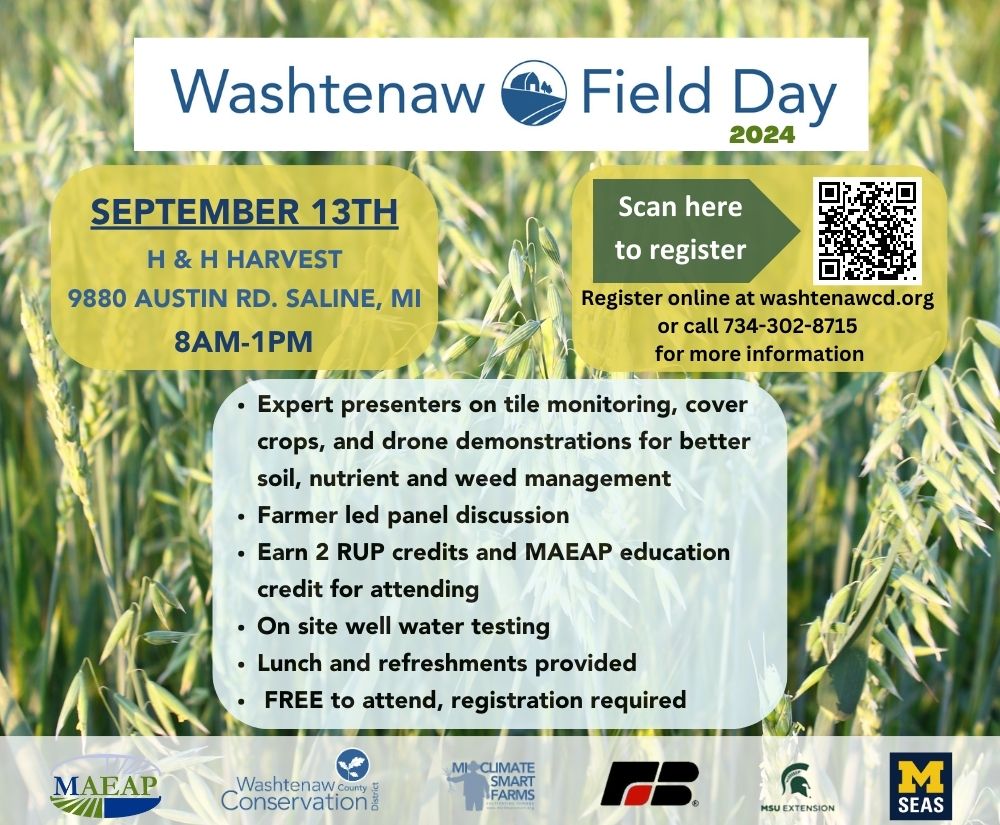Alber Orchard and Cider Mill: Apples still grow during a pandemic

Gazebo with apple trees at Alber Orchard and Cider Mill.
by Claire Pajka
With the COVID-19 pandemic initially closing farmers’ markets and restaurants, many farmers felt the effects of decreasing sales while crop production itself remained stable. With some restrictions recently being lifted for markets and orchards, I met with Mike Bossory of Alber Orchard and Cider Mill to ask how their autumn season will look during the time of COVID-19.
Bossory first gave me some history on the 72-acre farm. He bought the property from the Albers in 1999, but kept the original name and 1890s cider press in the interest of preserving local history. The press, since upgraded to meet modern pasteurization standards, is still functional and used to make cider throughout the fall. With more than 100 varieties of apples to choose from, the cider recipes are rarely the same for each batch, and Bossory joked that the flavor of the cider on Saturday may taste different from the cider on Sunday. He explained that he began planting heirloom apples about 20 years ago, and they have now become a main reputation of the orchard.
Throughout the pandemic, we have all taken measures and precautions that we use in an attempt to keep us safe and healthy, like masks and social distancing. I was curious as to how the Bossorys keep their apples safe: not from COVID-19, but from the barrage of pests and disease that target trees. He explained that they employ a system of integrated pest management in the orchard, using minimal amounts of pesticides, and organic compounds when possible. Lots of maintenance happens in the late winter to early spring months, and the trees are pruned each year around March to allow optimal amounts of sunlight to hit each branch. As for pests, Bossory explained that deer pose the biggest threat to the orchard, and that the deer even have preferences, choosing to munch on certain varieties of apples over others. To protect his heirloom varieties, which can sometimes cost $40 per tree, Bossory has a large fence surrounding a portion of the orchard.
In addition to the annual battles with deer, the weather this year has not been particularly kind to the trees: the cold spring took its toll on the crop of early apples, and the dry grass of the orchard speaks to the hot temperatures and infrequent rains of this summer.
Therese Bossory is involved with the local music scene in the Manchester area, and various artists typically perform on the farm throughout the fall season, such as the Steamboat Players, and the Manchester Community Brass Band. Despite COVID-19, Mike Bossory hopes the farm will still have live music, with musicians likely performing outside or on the porch of the house. Keep an eye out on the Alber Orchard and Cider Mill website for the schedule of events and musicians.
As I walked into the main building where cider, jam, and farm-made honey are sold, I found Therese setting up numerous large bottles of hand sanitizer on the counters: the new normal for businesses trying to keep themselves and their patrons safe. Alber Orchard and Cider Mill’s opening day for sales will be September 8, though the fate of some classic autumn activities – such as hayrides – is currently unknown.
For those who want their apple fix but are worried about exposure, have no fear. The Bossorys are currently updating their website for online ordering, so that apples can be ordered and picked up with limited interaction.

Apple trees, Alber Orchard and Cider Mill.









You must be logged in to post a comment Login